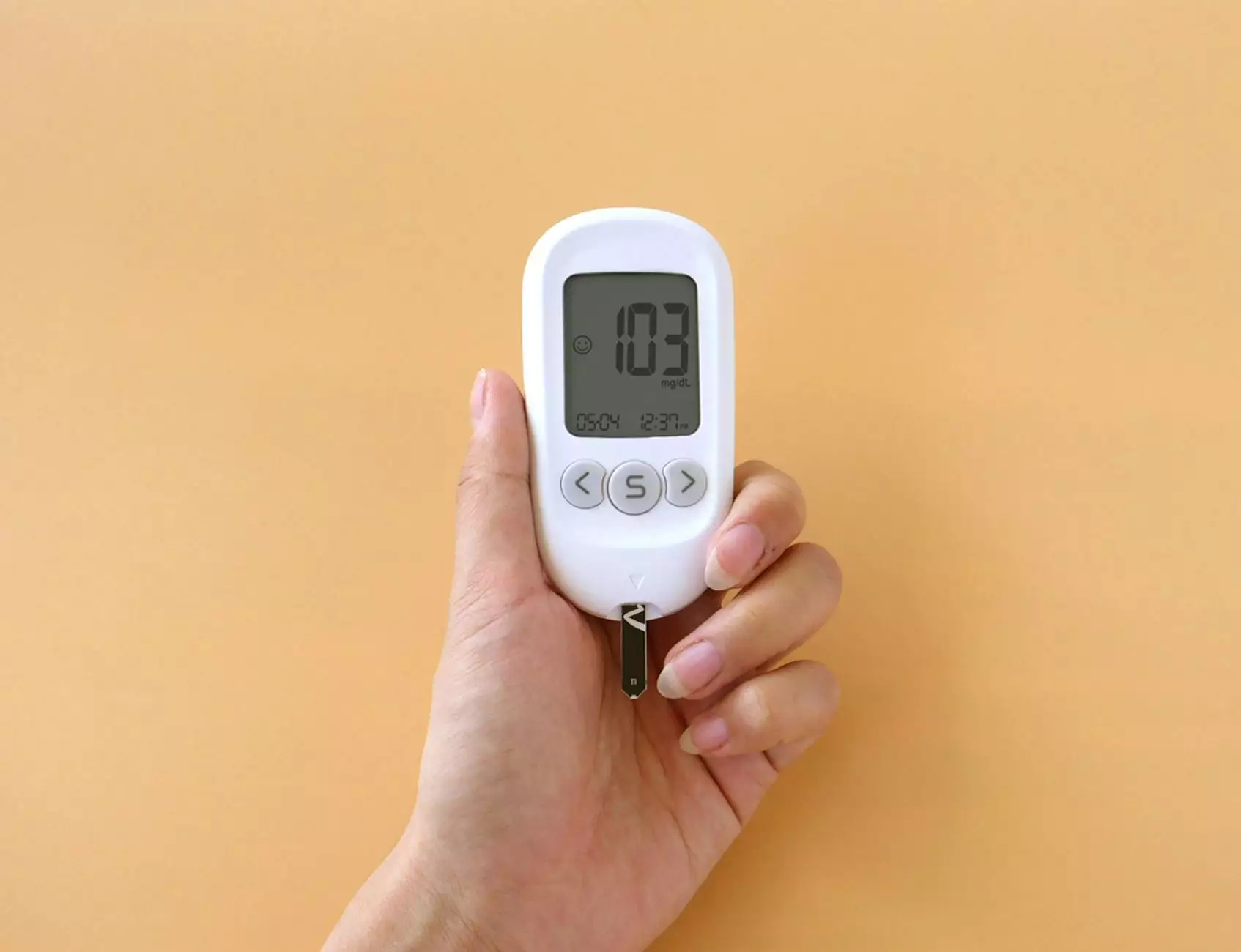The Essential Role of the Pet Microchip Database in the UK

The pet microchip database in the UK is an invaluable tool that connects pet owners to their furry friends, ensuring safety and security. Microchipping has become a legal requirement for dogs in the UK, underlining the importance of this practice not just for pet identification, but also for the welfare of animals across the nation. In this article, we will explore what a pet microchip database is, how it functions, and why every pet owner should take advantage of this critical service.
What is a Pet Microchip?
A pet microchip is a small electronic chip, about the size of a grain of rice, that is implanted under the skin of your pet, typically between the shoulder blades. This chip contains a unique identification number that can be read by a scanner, linking your pet to your contact details stored in a database.
How Does the Pet Microchip Database Work?
When a pet is microchipped, the owner's details are registered in a pet microchip database. This database is accessible to veterinary clinics, animal shelters, and rescue organizations. If a lost pet is found and taken to a vet or a shelter, they can scan the microchip, retrieve the identification number, and look up the registered information to contact the owner.
Importance of the Pet Microchip Database in the UK
The pet microchip database in the UK serves several important purposes:
- Identification: Microchips provide a permanent form of identification that cannot be lost or removed like collars or tags.
- Endangered Animals: The database plays a critical role in reuniting lost pets with their owners, drastically reducing the number of animals in shelters.
- Legal Requirement: It is a legal requirement for dogs in the UK to be microchipped, ensuring responsible pet ownership.
- Traveling Pets: Many countries require pets to have microchips for international travel, making them essential for owners who wish to take their pets abroad.
Benefits of Microchipping Your Pet
Microchipping provides numerous benefits that ensure the health and safety of your pet:
- Quick Recovery: In the event of your pet going missing, a microchip significantly increases the odds of a quick reunion.
- Peace of Mind: Knowing that your pet has a permanent identifier can give you peace of mind as a responsible pet owner.
- Increased Safety: Microchips can help safeguard against pet theft, as the chips can definitively prove ownership.
- Health Records: Some databases allow you to store important health information, making it easier for vets to access your pet's medical history.
Common Misconceptions About Microchipping
Despite its many benefits, there are some misconceptions surrounding microchips:
- Myth: Microchips are GPS devices. Reality: Microchips do not provide real-time tracking. They are used for identification when scanned.
- Myth: Microchipping is painful. Reality: The procedure is similar to receiving a vaccination and is generally quick and simple.
- Myth: Only dogs need to be microchipped. Reality: All pets, including cats and rabbits, can and should be microchipped for safety.
Choosing the Right Pet Microchip Database
As a pet owner, you'll need to register your pet's microchip in a trusted database. Here are some factors to consider:
- Reputation: Choose databases that are well-established and have a good reputation among veterinarians and animal shelters.
- Accessibility: Ensure that the database can be accessed by various animal welfare organizations and is compatible with the microchip manufacturer.
- Data Security: It’s important to select a database that takes data protection seriously, keeping your and your pet’s information secure.
Steps to Microchip Your Pet
Here’s how to ensure your pet is microchipped:
- Find a Veterinarian: Look for a licensed vet or pet services provider like Goody4Paws who offers microchipping.
- Consultation: Discuss your pet's needs and understand the microchipping process and aftercare.
- Microchipping Procedure: The veterinarian will inject the microchip under the skin, which is a quick and painless procedure.
- Register the Chip: Fill out the appropriate paperwork to register your pet's microchip in a UK database.
- Keep Records Updated: Always ensure that your contact details are up-to-date in the microchip database.
The Future of Microchipping and Technology
As technology advances, the future of pet microchipping looks promising. Here are some trends to watch:
- Smart Microchips: Upcoming chips may incorporate additional functionality, such as GPS, health monitoring, and location tracking.
- Integration with Apps: Pet owners may soon have access to apps that connect directly to microchip databases, allowing for easier updates and monitoring.
- Increased Awareness: Schools and community programs are raising awareness of the importance of microchipping through educational initiatives.
Conclusion
The pet microchip database in the UK is not just a tool for identification; it is a critical component of responsible pet ownership that offers peace of mind, enhances pet safety, and fosters community responsibility. By microchipping your pet and ensuring your details are correctly registered, you contribute to a solution that not only protects your beloved pet but also helps manage and safeguard the animal population as a whole. If you're a pet owner, consider microchipping as a priority, and don’t forget to keep your information up to date. For comprehensive pet services, including microchipping, visit Goody4Paws today!
pet microchip database uk








